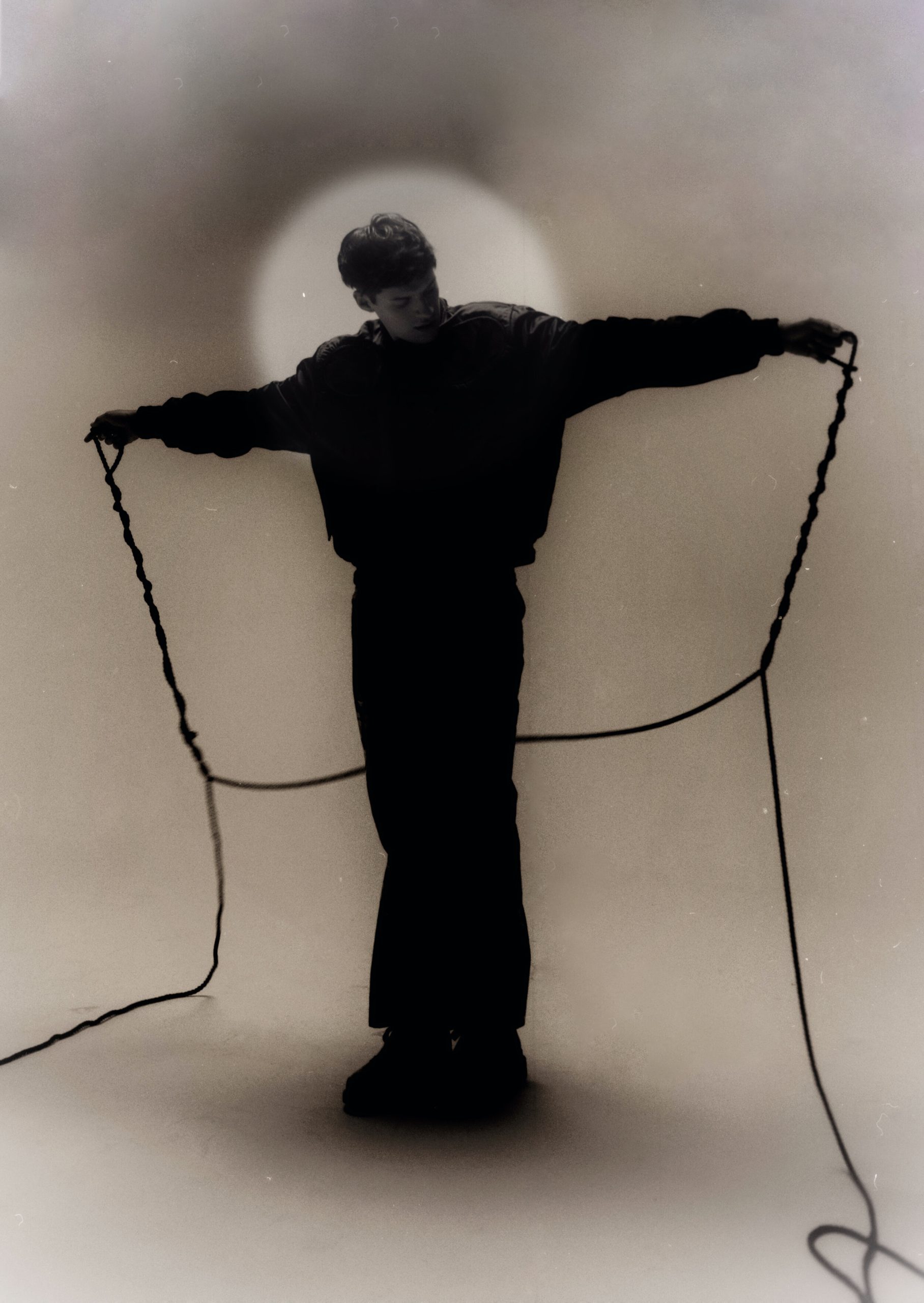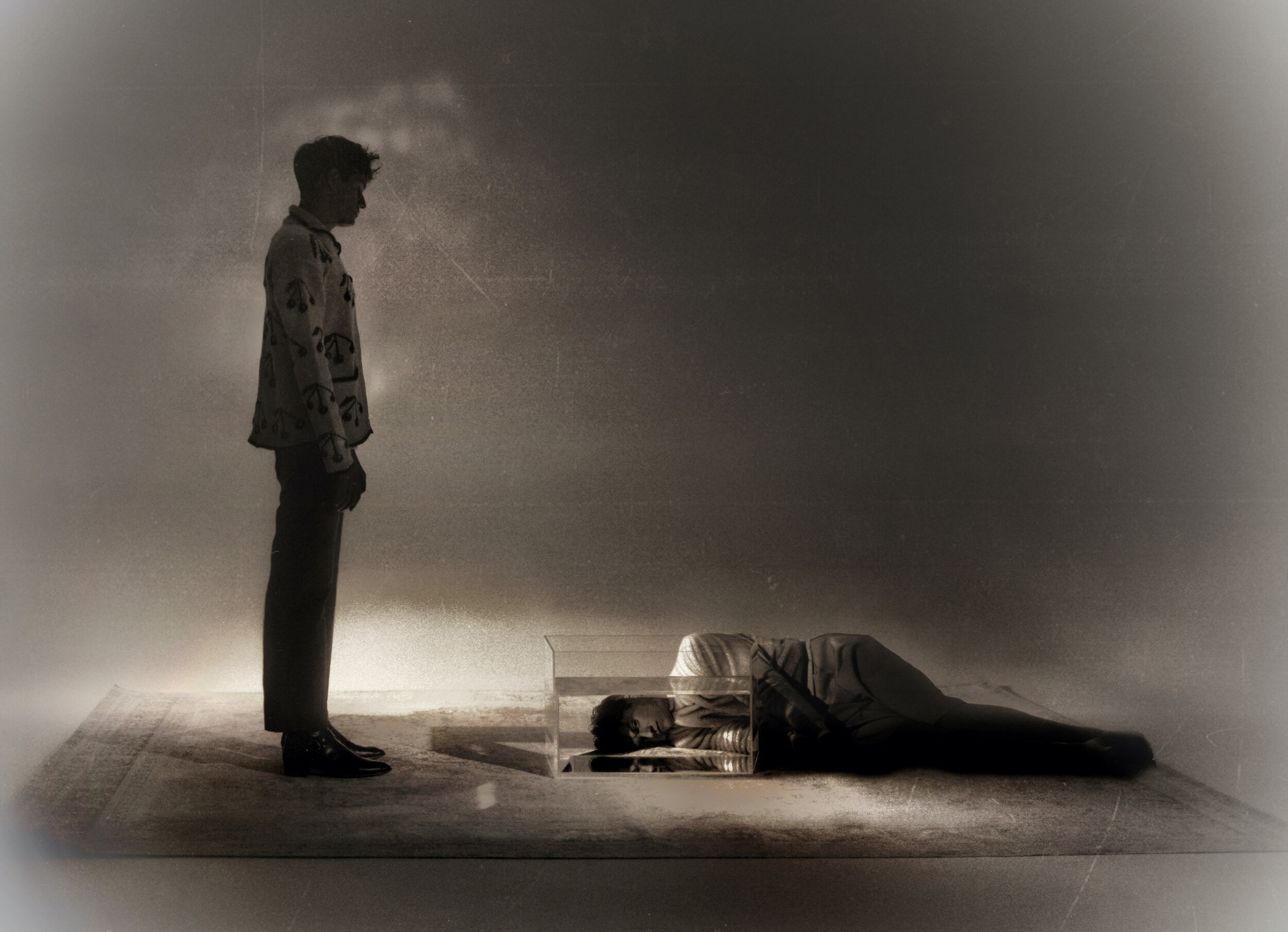
Honing a Kaleidoscopic Vision
Omar Apollo appears, shoulders upward, in the bottom corner of his screen connecting to our Zoom call from his phone. Behind and above him is what appears to be a vast, vaulted wood ceiling. The twenty-four-year-old singer is calling from the San Jacinto Mountains in Southern California, where he’s currently holed up. “I went on this hike yesterday,” he enthuses, “we were super high up to the point where you felt kind of high – it was really weird because the oxygen was different up there. I got a little scared, but it was great.” At the top, he met an eighty-something year old man called Bjorn who hikes up the mountain a few times a week on the lookout for fires nearby.
The story of Apollo’s expedition the previous day comes up in our conversation in the context of style. “Right now, I’ve been on a kind of tactical thing, [I’ve] been dressing like a really cute hiker,” a fact corroborated by an Instagram post on his feed featuring a pair of Salomon trainers. But reaching the top of a summit (and then recounting the experience with breezy nonchalance) could also be an analogy, of sorts, for the singer’s career. Back in 2017, Apollo uploaded ugotme, a moody-yet-slinky two-minute bedroom jam to SoundCloud. It amassed tens of thousands of plays quite literally overnight, catapulting a twenty-year-old first generation Mexican American fast-food worker from Indiana into another universe.
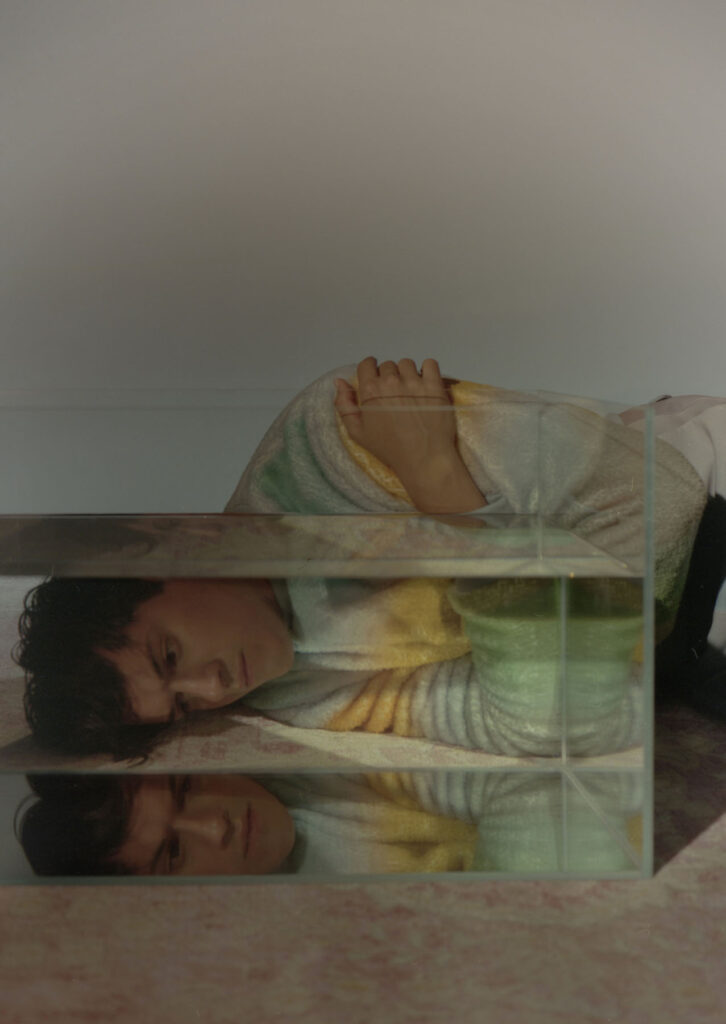
In the four years since, ugotme has had over 1 million streams on the original upload alone. And, when we speak, Apollo is in the process of finishing up his debut album which will follow on from Apolonio, last year’s nine-track mini album. The singer is tight-lipped about specifics but does reveal that it is “honestly amazing. Like my best shit.” Alongside getting the album wrapped up, Apollo’s got a load of other bits to take into consideration; rehearsals, vocal lessons, preparing for tour, and so on. No wonder he’s spending some time in the Californian mountains – a moment of calm and clarity amongst the chaos, perhaps. That said, being on the move (and being on tour in particular) is something that Apollo says he thrives on. “I just can’t stay in the same spot; I feel like tour made me like that.” After the San Jacinto Mountains? Maybe Tennessee. “I just gotta finish this album.”
Compared with the production of Apolonio, the singer now has greater freedom to travel where the wind takes him. Apollo was forced to record the bulk of his last project from the constraints of his Los Angeles home when lockdown was imposed in early 2020. “I’m Amazing – I made a day before they announced that there was going to be a lockdown for two weeks.” Apolonio draws on Apollo’s wide-ranging sounds, exemplified by the equally wide-ranging names that feature – from Kali Uchis and Ruel, to Bootsy Collins and Albert Hammond Jr of The Strokes. Sure, it was his first project signed to a major label, but it’s an impressive and delectable record to come out of a year that seemed to put a stop to a lot of releases. But then, Apollo is used to making music from home, or at least in his bedroom. As a teen, he taught himself how to sing and play the guitar via YouTube videos. Nothing seems more fitting, then, than having Albert Hammond Jr arrive at his home to record Useless, on which Apollo fills a Julian Casablancas-shaped hole.
Following on from two EPs, 2018’s Stereo and Friends from 2019, Apolonio was a clear demonstration of Apollo’s potential, namely his ability to move with ease from lo-fi bedroom jams to funky pop. But, in some ways, Apolonio was stilted by the pandemic. “When I went back to play my first show it was really strange,” he recalls. “It was really strange ‘cause it was the first time I didn’t feel confident. It was like, ‘Oh my gosh, I haven’t toured this album. It’s my first time playing these songs…’” That first show was to smaller audience than he’d been performing to before the pandemic, but it would allow the singer to get back into his groove. Performing is something that, lack of shows due to the pandemic aside, comes easily to Apollo who says that he naturally loves being on stage. “I love the attention I get from it.” More than that though, he refers to being on tour as a sort of ‘normality’ compared with lockdown when days feel like little more than “filler days”. “When I was on tour, your whole day is set up for you for like, a month and a half, two months. And you feel really accomplished – like you did something.”
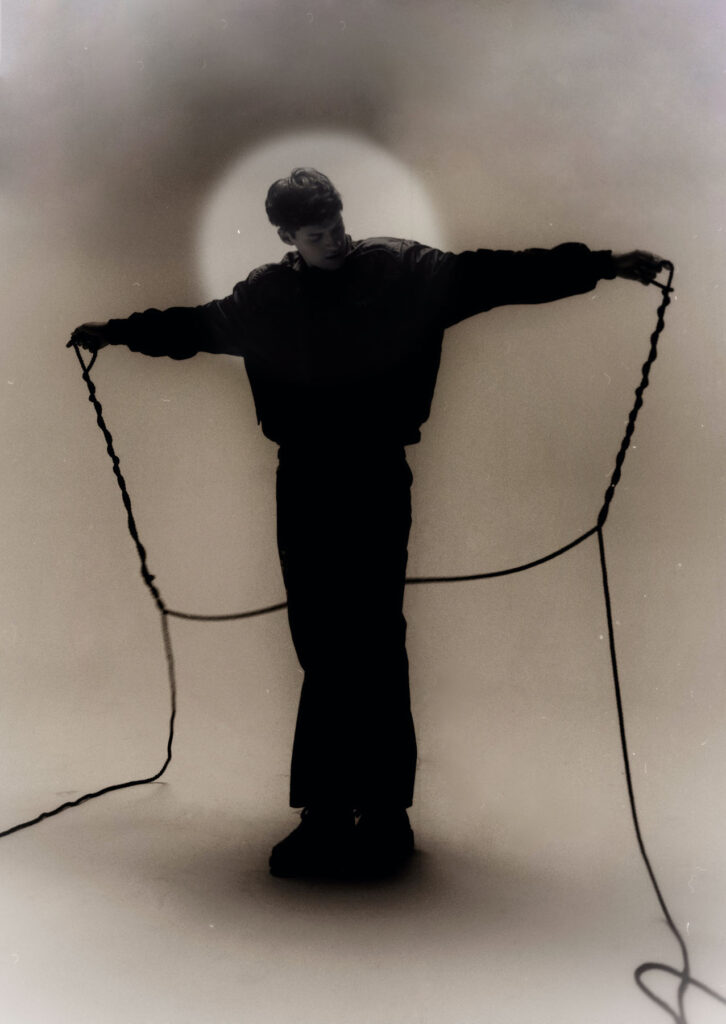
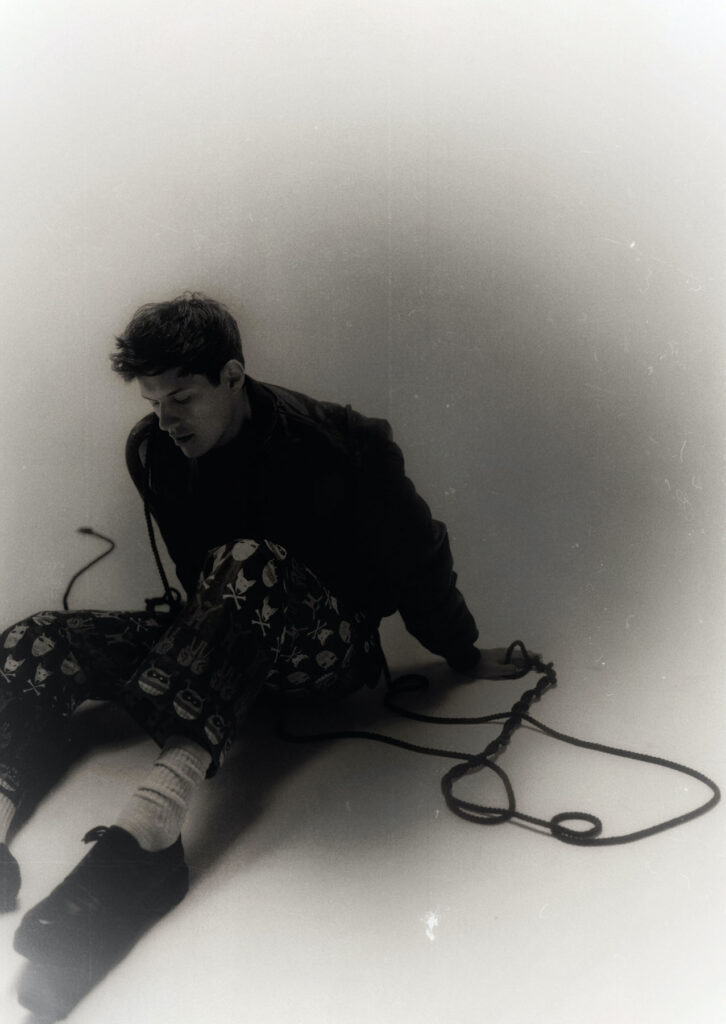
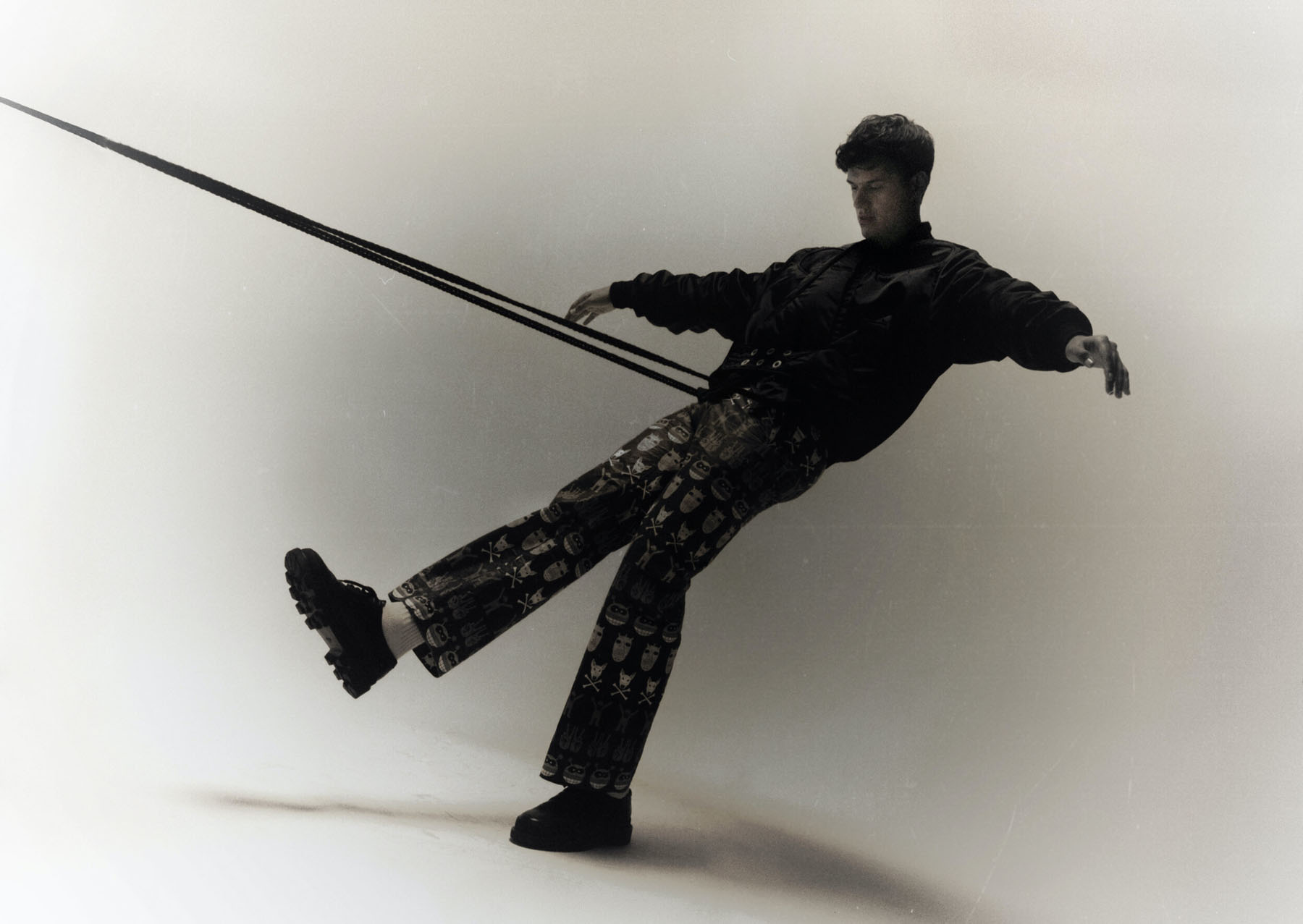
Apolonio is, at times, incredibly sexy, and at others, heart-wrenching in its angst. His music captures the emotions of a twenty-something, caught up in conflicting feelings of lust, longing, rejection and, at times, a cockiness. Want U Around (featuring Ruel), for example, is a glorious example of Apollo’s falsetto crooning melding with the funk-infused beat, contemplating unrequited love with heart-breaking precision. Meanwhile, album opener I’m Amazing is, as its title implies, of an entirely different variety. Given the vastness of his range, then, it’s little wonder fans go mad for him. With hair that changes colour like a mood ring, and an enviable, if eccentric, wardrobe, Apollo cuts the figure of a twenty-first century pop star. For the interests of NR’s theme this issue, I’m curious to know: how does Apollo grapple with the theme of ‘identity’ and who he is as a person through his music? He pauses for a while, figuring out how to respond. “I feel like I can have my own identity, but the way I’m perceived, I can’t control it. So, my identity is skewed in my head,” he says. “I have an idea in my head, but that might not translate.”
Apollo’s response is one that would, I imagine, resonate with many. The singer is old enough, just, to have grown up alongside the invention of so many digital technologies and platforms that have changed our experiences of the world. A lot of internet searches for Apollo bring up results for Reddit pages, for example, on which fans discuss, in minute detail, a certain aspect of a song, an outfit or elements of his life. The disconnect between who you think you are and who others think you are, is one Apollo says he has a weird experience with. For instance, he mentions having friends who are perceived as mysterious but are, by their own admission, “just quiet.” When it comes down to it though, Apollo states that he is “trying to make shit that moves me, and then these feelings are either subconsciously there or I dig for them and put them in songs.”
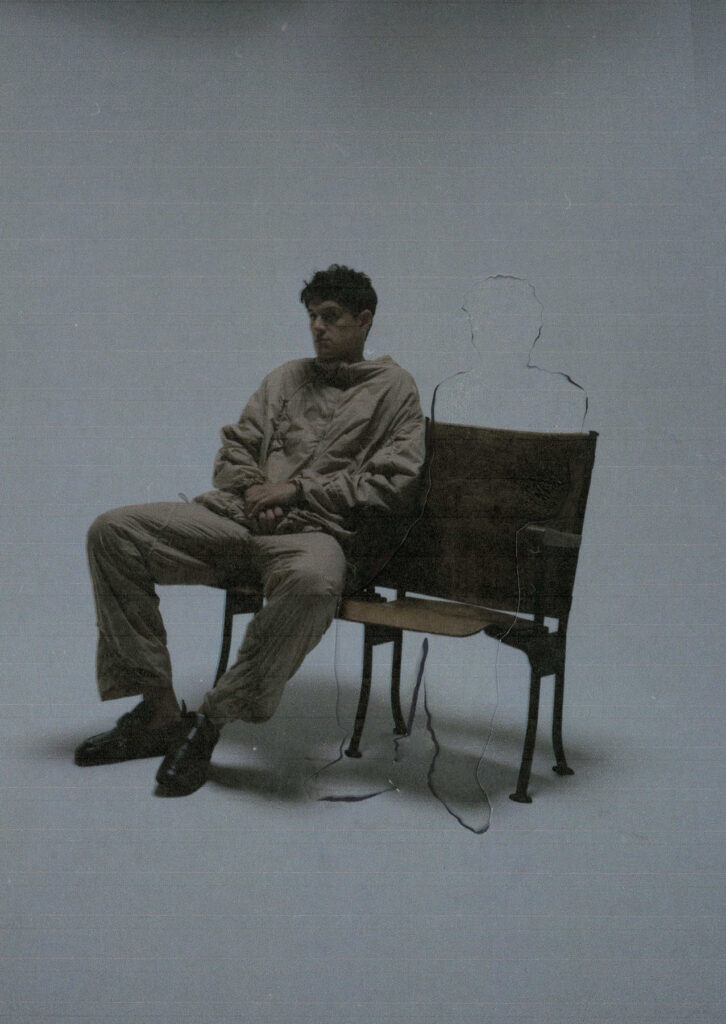
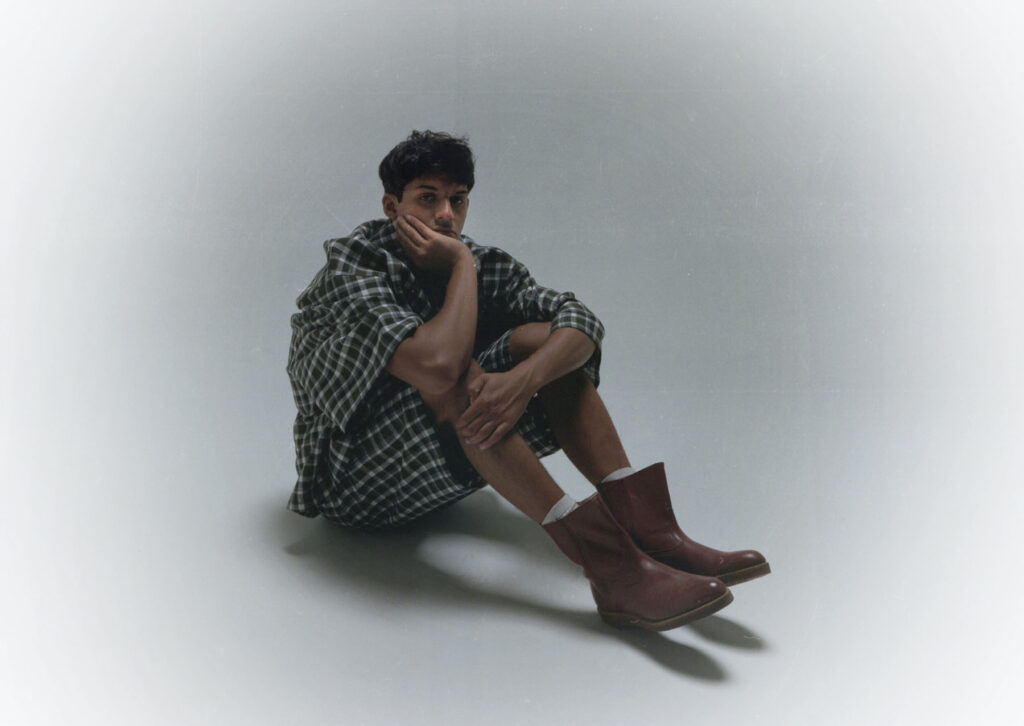
When it comes to making music, Apollo says that he has to find the time to write. It’s not productive for him to take the approach of saying, “‘Oh, I’ll make music when I feel like it.’” But he takes inspiration from his surroundings. “There’ll be some things that stick with me that you forget, and there’s some things that will stick with you that I forget,” he points out. “That’s kind of what I get from music.” I’m curious about the fact that it’s so hard to pin Apollo’s music down into one genre; is this an effect of how we find and listen to music now? Apollo isn’t so sure it’s a reflection of that. It’s less of case of overlapping genres, than seeking out different artists who encapsulate an emotion, a feeling, that he connects with. It’s more important to him that he can ask and answer, “Is this the best I could do at this moment in time? Did I put my heart into this?”
No matter how much Apollo might find inspiration in the things that surround him – a snippet of a conversation, a scene from a film – the outcome also relays a personal experience. And that, in part, seems to be where his listeners and fans really connect with Apollo. He recalls encounters with people who connect a love song he’s made with the loss of a friend. “It’s amazing that people can take things how they want to take them, consuming them how they want to consume them.” In contexts like that, it doesn’t matter so much how someone else interprets Apollo’s words; the emotion is conveyed in one way or another. “Obviously, you can have an idea, an identity, but the way it’s perceived, you can’t really… everyone’s point of reference is different.”
Only Apollo can truly know who he is. But his personal style and the kind of visuals he uses give a good guess at what kind of performer he is. The cover of Apolonio, for example, takes Lenny Kravitz’s 2003 album, Baptism, and transforms it into a Prince-esque lilac, resulting in a coalescence of the two performers, as iconic for their hits as their style. But what does style mean to the Apollo? “I’ve gotta look how I feel so that takes time. I’ve got to be feeling amazing.” Growing up, the singer would often get his clothes from thrift stores – not always out of choice, but necessity. But style isn’t something that can be bought. Case in point? Apollo recalls being in elementary school and his elder siblings coming to him for advice on what to wear, to which he’d respond things like, “Nah – you’ve gotta change that, that looks ugly!”
So what about style as a performer? “Once I started touring, I started seeing my silhouette more on-stage and I started seeing pictures of myself and I was like – I need to figure out what I really like.” Apollo has a “show ‘fit” that he’ll wear on stage and then a “post-show ‘fit” because he doesn’t want to leave a venue wearing the same thing. Which means there’s also a pre-show getup too. Little wonder you can find articles online titled, ‘You Don’t Have to Know Omar Apollo’s Music to Appreciate his Impeccable Style’. Whilst true, I’d argue that browsing through Apollo’s back catalogue of music videos is a much greater introduction to the singer’s wardrobe than a static slideshow of (admittedly impeccable) images gleaned from social media.
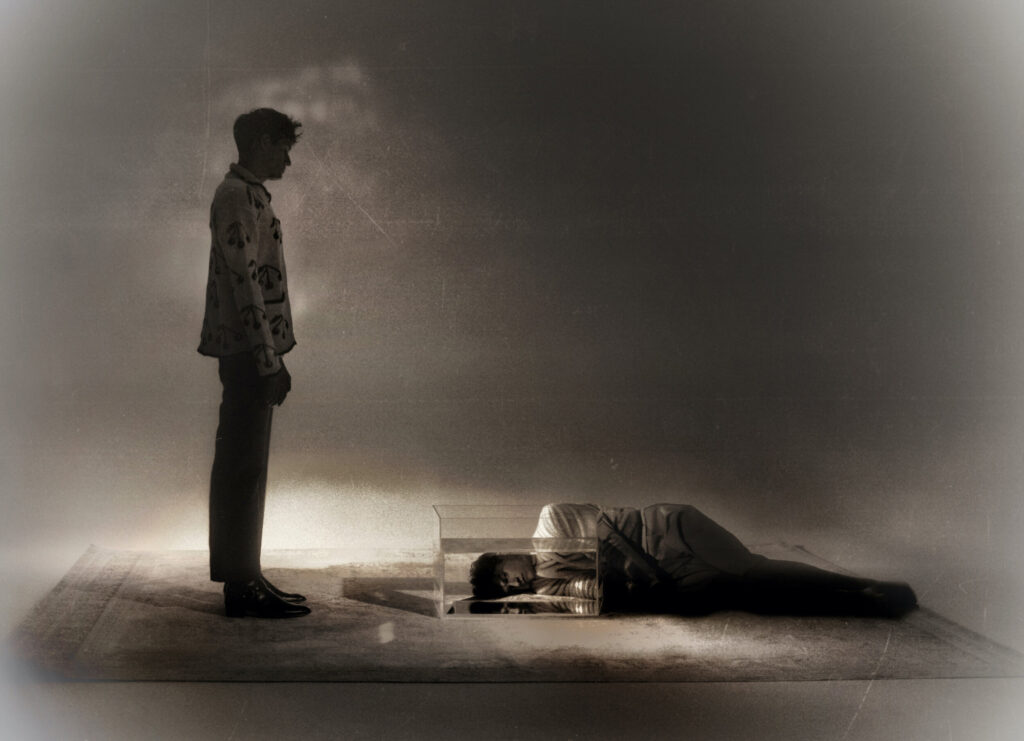
Take, for example, the video for Kamikaze from last year, in which a blue-haired, patchwork jacket-clad Apollo emerges from a field of maize that somehow dwarfs the 6”5 singer. The premise of the video sees Apollo and friends hanging out over the course of a sun-drenched day, which transitions through dusk and then to night; the mood changes as darkness descends and rose-tinted memories fade into a murkier sense of the reality. Lyrically, the song sees Apollo reminisce about a past relationship, detached from the painful emotions and angst that came with it at the time. For the video, though, Apollo returned to Indiana to film with his friends. “It was a lot of fun, especially going back home and [shooting] scenes on streets that I grew up on.”
219, the area code where Apollo grew up is immortalised on Dos Uno Nueve, a Spanish corrido (a traditional Mexican ballad narrating a story) that positions his upbringing alongside his life now in Los Angeles. He hasn’t forgotten the times when the family had little to eat, but now he’s enjoying baguettes of the diamond kind. Apart from Dos Uno Neuve, Apollo sings for the most part in English. But he confirms that future projects, including his upcoming album, will feature songs in Spanish more prominently. How does he differentiate between singing in the two different languages? “Sometimes in Spanish, I’m a lot more open to flexing,” he laughs. “I’ll surface the ego for a sec and talk shit for two minutes.” Dos Uno Neuve is that, with a triumphant twist; using the medium of a traditional folk song to tell the tale of the child of immigrant parents who transcends the small-town (and small-minded, the song implies) mentality he grew up with.
“A lot of the music I consumed when I was younger was reggaeton when I was probably 11 or 12,” Apollo recalls. “It was very, very dirty and it just stayed with me,” he adds, “in my head I gotta be a little dirty bitch!” Apollo would get his regular dose of reggaeton, waiting in the carpark outside church for his mum. “She’d come out like, ‘Turn it off! Turn it off!’ I used to call radio stations – I was really creepy – and be like, ‘Hey, can you play this song…’” The influence of reggaeton on Apollo comes through on the 2019 single, Frío, and shows, once again, the singer’s ability to adapt his voice according to the subject of his lyrics or the language of choice. It also demonstrates the duality of Apollo’s dirty and deep side. That said, the most-liked comment on the video for Kamikaze describes “crying and twerking” simultaneously whilst listening.
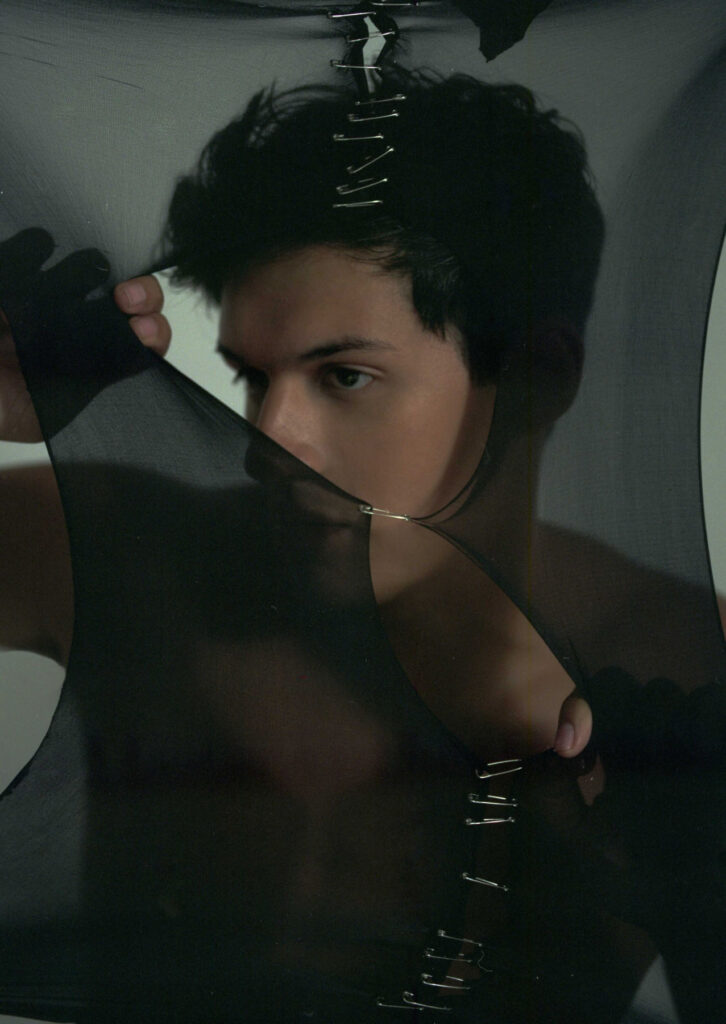
Ahead of the release of the singer’s debut album, Apollo’s next single is Bad Life, featuring Kali Uchis. Back in January of this year, Apollo shared a 1:06 snippet of the song on social media, and it’s release now will surely satiate those who have been waiting a full version since then. It’s a slow jam, heavy on the reverb, that in some ways captures that early sound of ugotme. You can hear Apollo’s musical development in full effect – complemented flawlessly on Bad Life by Uchis’ silky vocals. Their ability to harmonise so well is what makes this song. “That’s what I love about it too. It’s like a really pretty tone together.” Apollo and Uchis are close friends, and perhaps it’s that connection that allows the song to “glue” together so well. “It’s just really nice to see the song get amplified by her,” Apollo adds. “I love her voice and she always has really great ideas.” And, Apollo enthuses, “it’s going to be a really sick introduction to the sound of the album.”
Credits
PHOTOGRAPHER · LE3AY
CREATIVE DIRECTORS · NIMA HABIBZADEH AND JADE REMOVILLE
FASHION STYLIST · SHAOJUN CHEN
SET DESIGN · YAO LIANG
PHOTOGRAPHY ASSISTANT AND LIGHT TECHNICIAN · SEH NOON
GROOMING · STEPHEN MOLESKI
INTERVIEW · ELLIE BROWN
SPECIAL THANK YOU TO · ROB CHUTE AT TOAST
